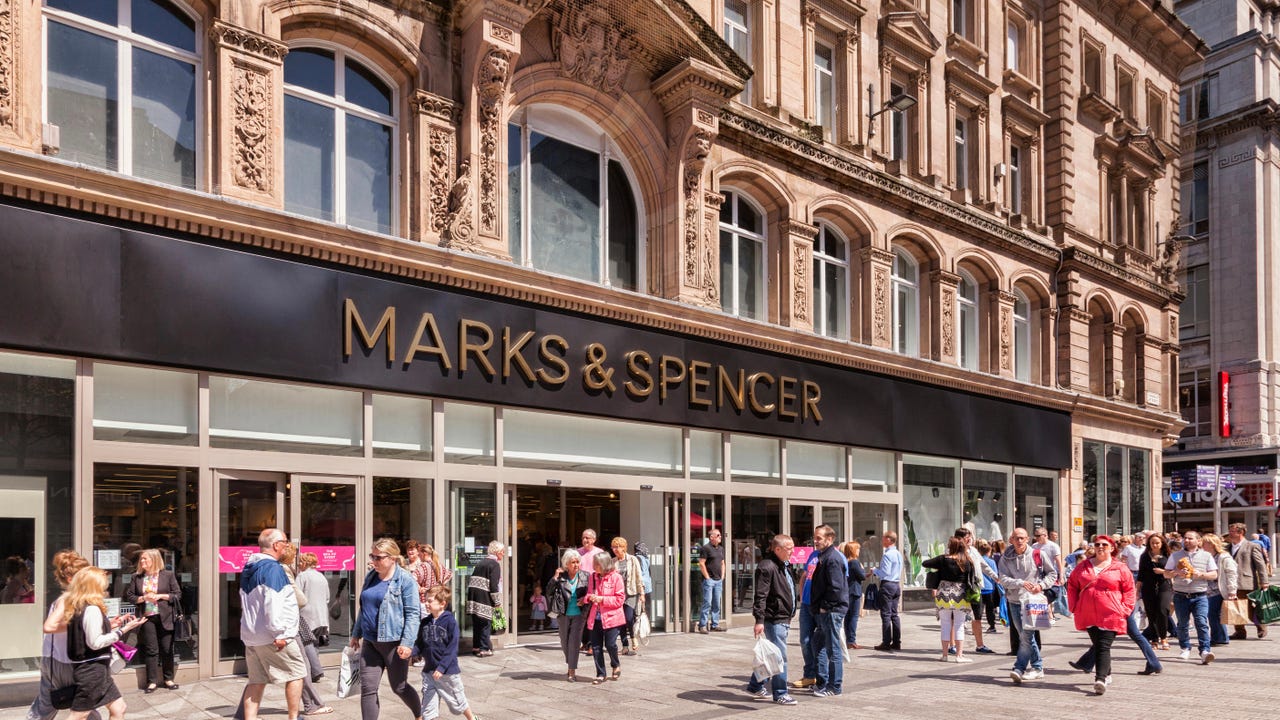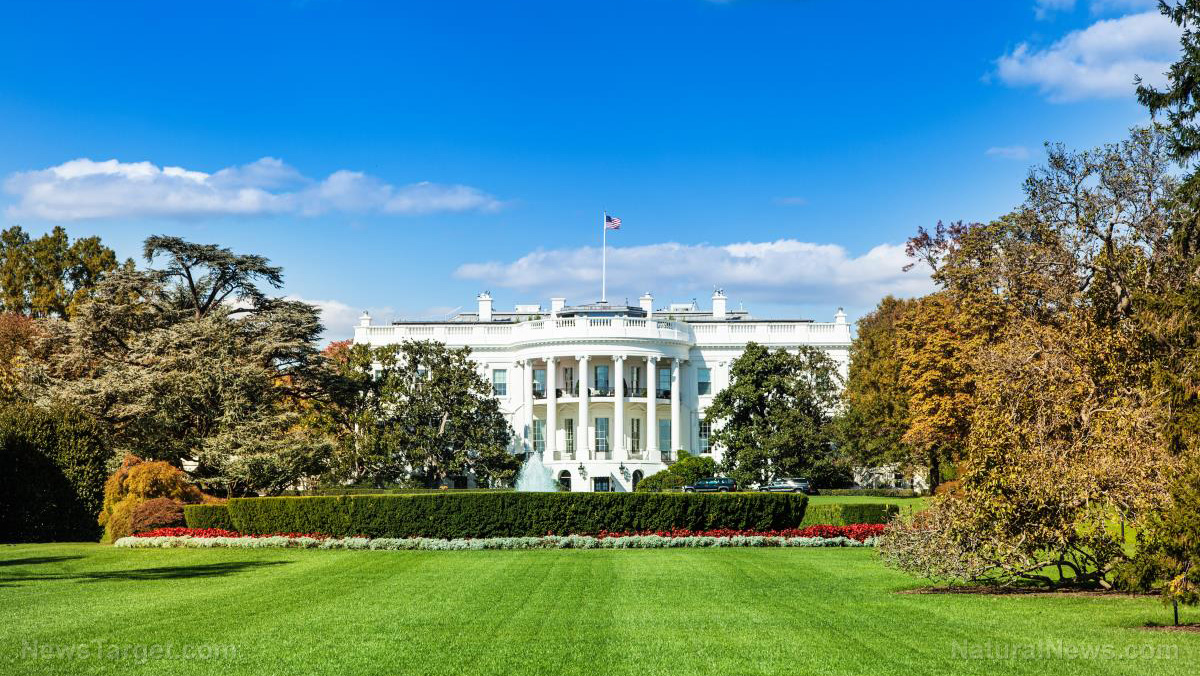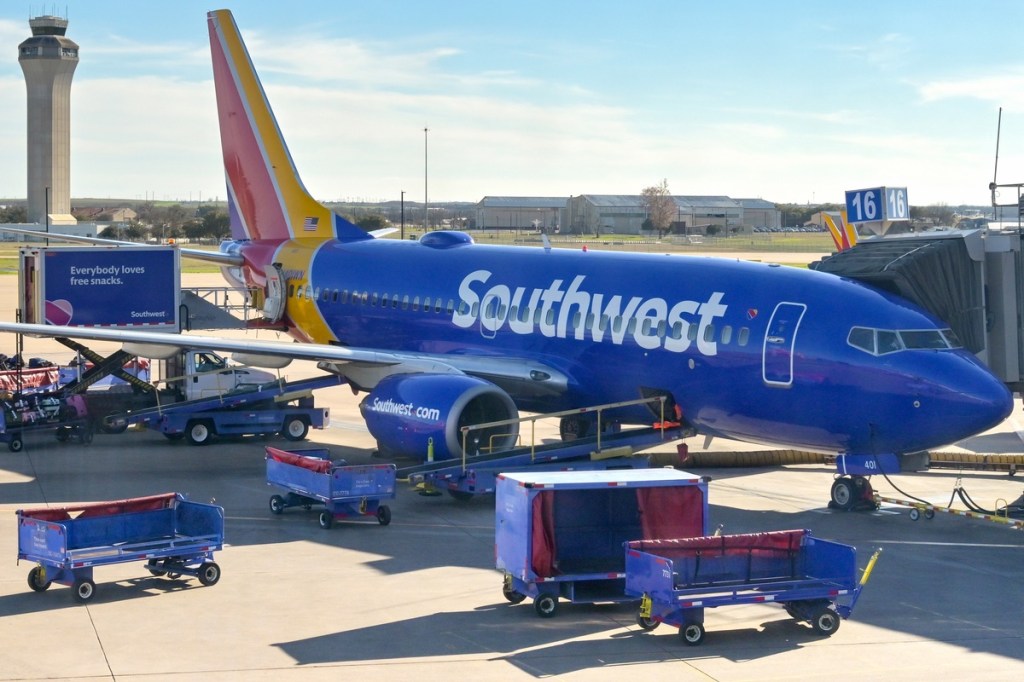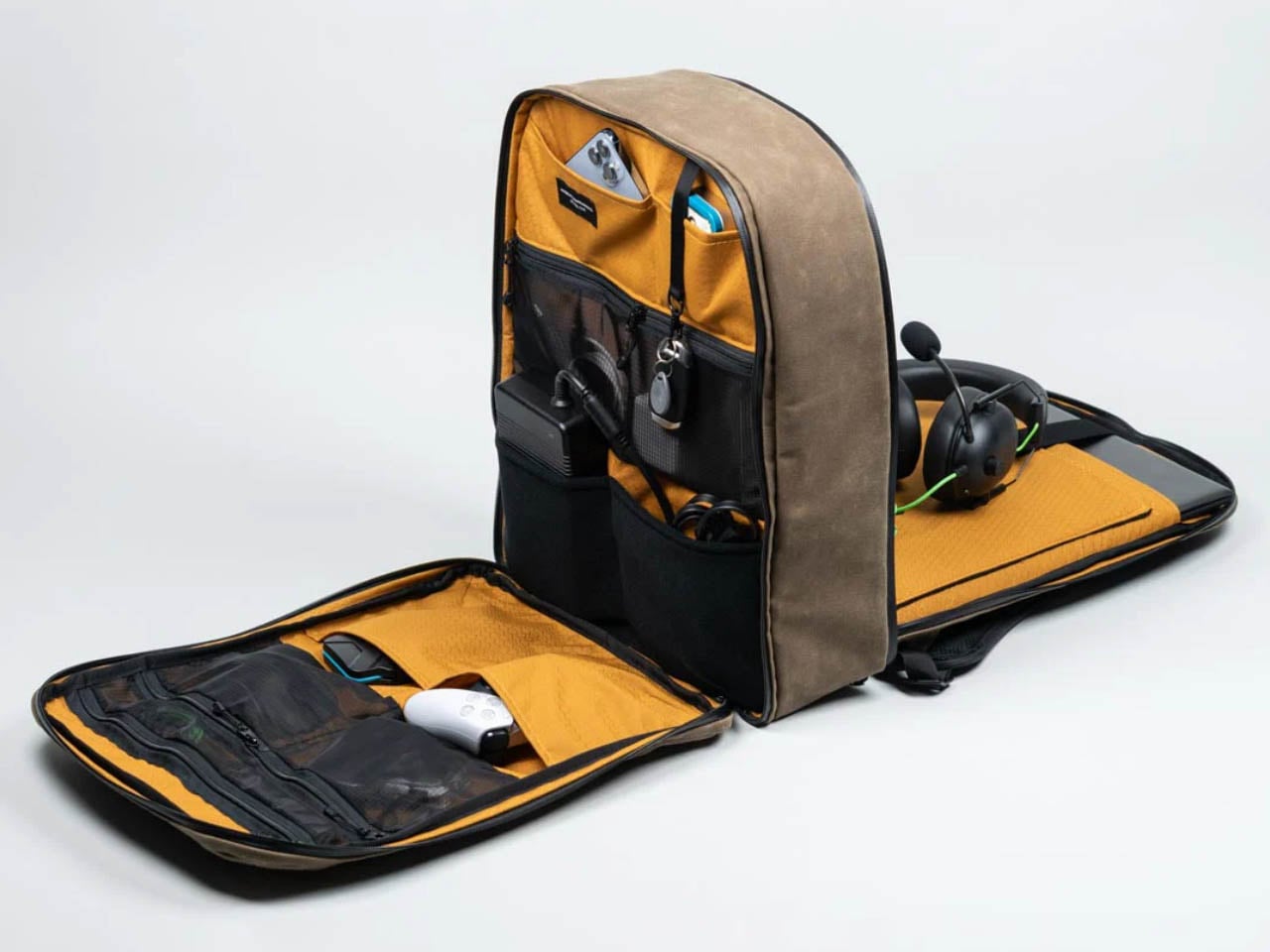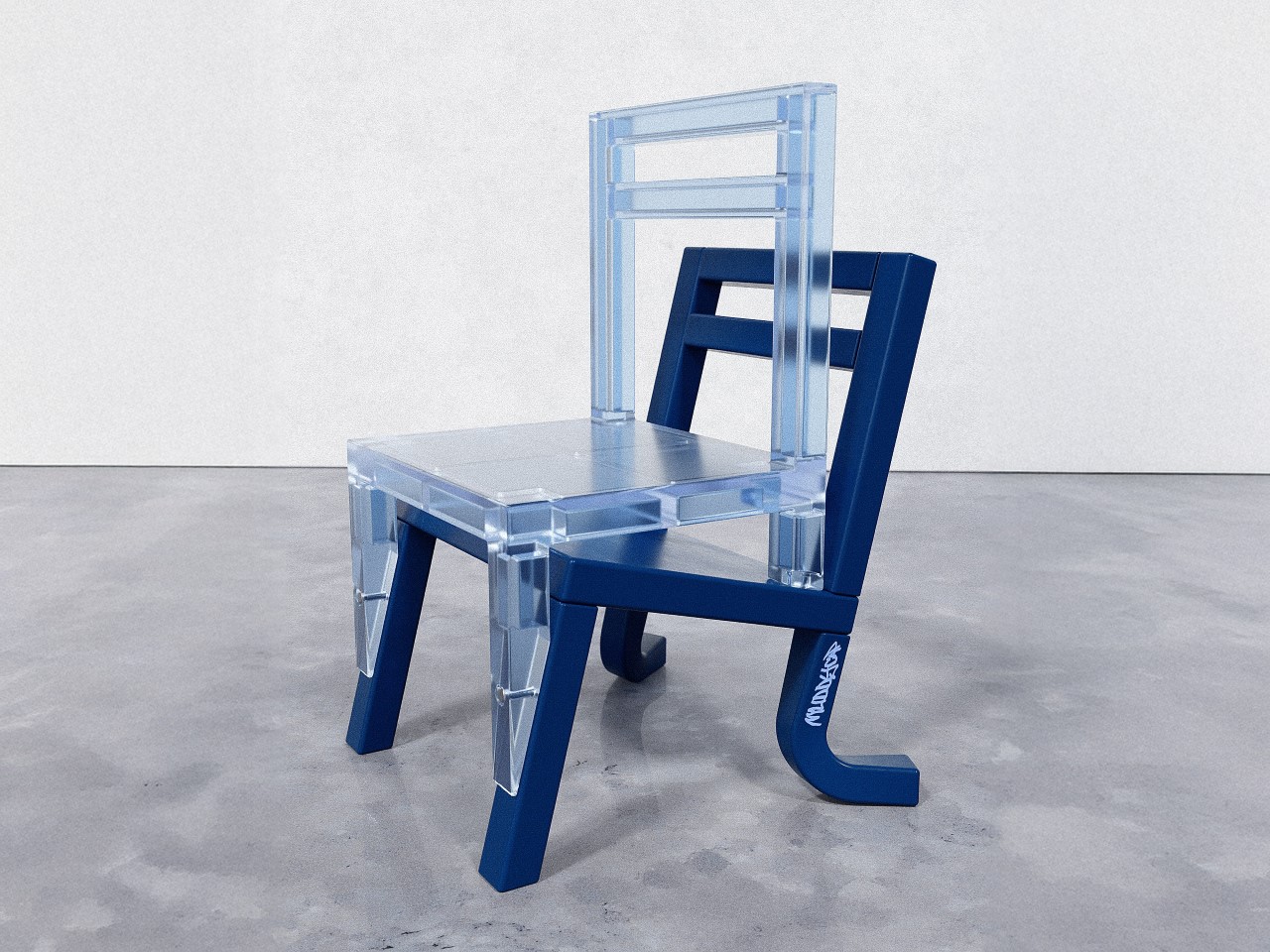With tariffs looming, Capital One's CEO says 'the US consumer is in good shape' — for now
Purchase volume on Capital One's credit cards rose 5% to $157.9 billion in the first quarter.
Trent Sprague/Chicago Tribune/Tribune News Service/Getty Images
- US consumer spending remains strong despite economic uncertainty.
- Capital One reported a 5% rise in credit card purchase volume to $157.9 billion in the first quarter.
- Consumer debt repayment is also stable, with improving delinquency rates and payment rates.
The mighty US consumer is "in good shape" even in the face of economic uncertainty amid President Donald Trump's policy shifts, the boss of a credit card giant said on Tuesday.
"The US consumer remains a source of strength in the economy. That's true for almost any metric that we look at," Richard Fairbank, the chairman and CEO of Capital One, said at the bank's first-quarter earnings call on Tuesday.
Capital One reported that purchase volume on the bank's credit cards rose 5% to $157.9 billion in the first quarter.
Consumer spending was boosted in the first quarter as people snapped up goods ahead of Trump's new trade tariffs on trading partners.
In particular, there appears to be "a bit of a pull-forward in auto purchases, likely as consumers are trying to get ahead of tariff impacts," said Fairbank.
Despite inflationary pressures and higher interest rates, overall consumer debt repayment remains stable near pre-pandemic levels, Fairbank said.
"In our card portfolio, we're seeing improving delinquency rates and lower delinquency entries, and payment rates are improving on a year-over-year basis," he said.
There are worrying signs — the portion of customers making just the minimum payment was just above pre-pandemic levels, reflecting that "while the average customer is doing well, some customers at the margin are likely feeling stress from inflation and elevated interest rates," said Fairbank.
Capital One shares closed 3.1% higher at $170.20 apiece on Tuesday and extended gains by 2% in after-hours trading. The stock is down 4.6% so far this year.




















